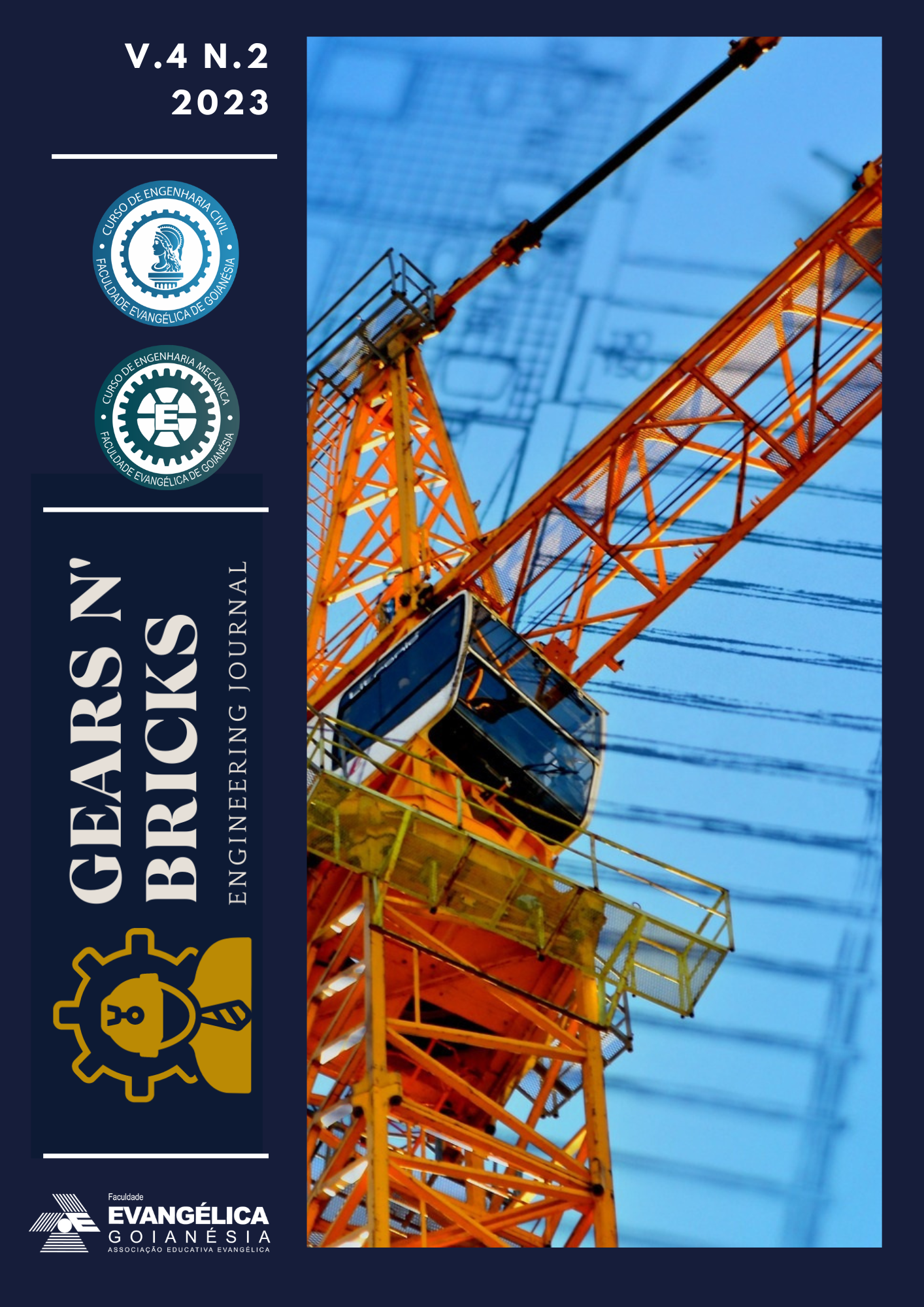USE OF ARTIFICIAL INTELLIGENCE IN CIVIL ENGINEERING
Keywords:
Artificial Intelligence;, Civil Engineering;, Technology;, Optimization;, Decision-Making.Abstract
The increasing use of Artificial Intelligence (AI) in civil engineering has been a remarkable trend driven by technological advancement. This article aims to explore this trend, highlighting the benefits, solutions, shortcomings, and limitations of AI application in the construction sector. AI serves as a technological tool to optimize resource management, facilitate decision-making, reduce errors and costs, and even enhance safety on construction sites. The methodology employed in this study consisted of bibliographic research and experimentation with freely available AI, seeking to understand its interpretation and application capabilities according to the proposed needs. The systematic approach allowed for a detailed analysis of relevant academic sources, providing a comprehensive insight into the potential of AI in civil engineering. Based on these research methods, it was possible to gather the results of different AI tools, both available to the public and for specific sectors, and analyze their effectiveness based on what they propose. In short, the use of AI in the civil engineering sector can help practices and facilitate work, but some technologies still require professional supervision and constant improvement, in order to get the most out of them and avoid possible errors.





